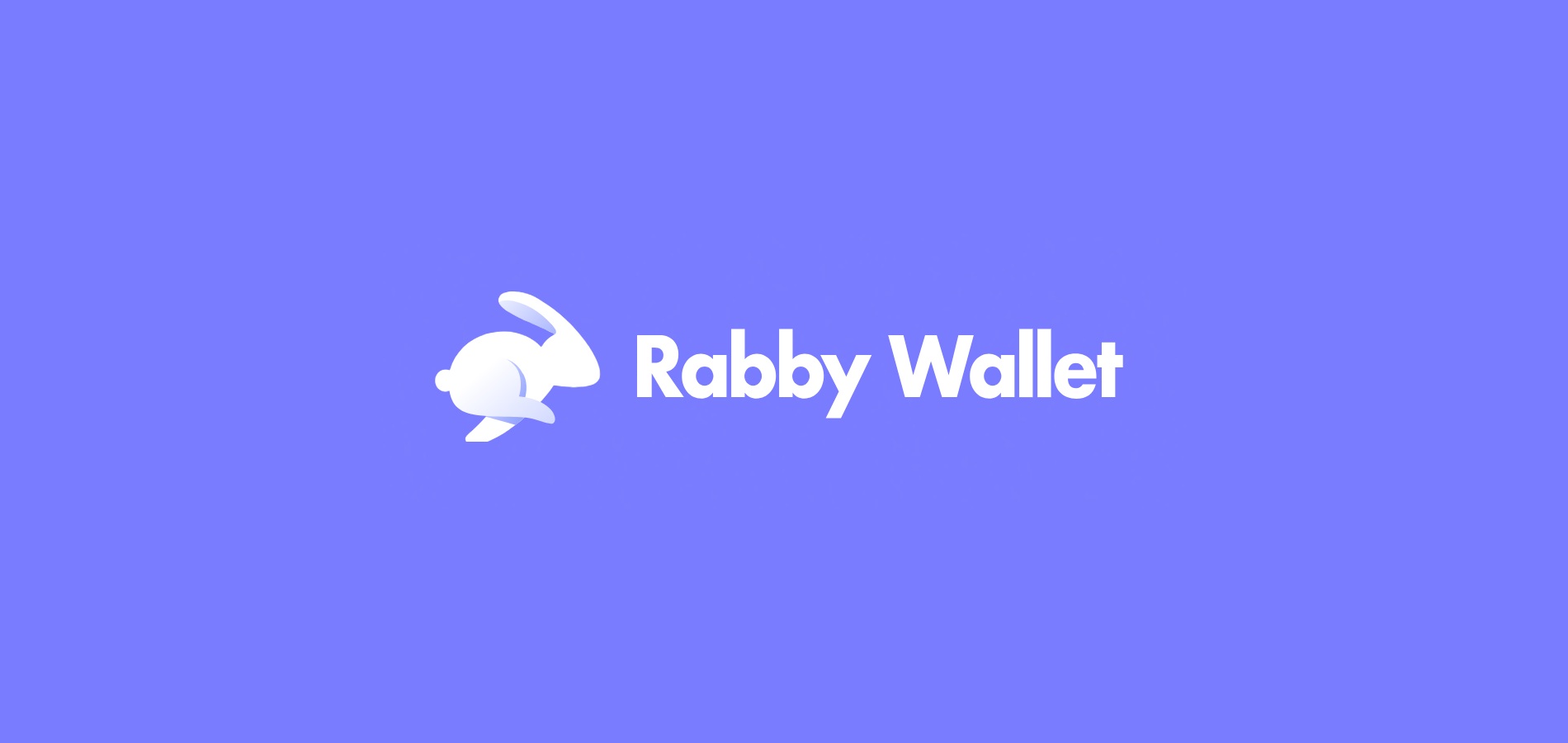Whoa! Ever felt like jumping into DeFi but got tangled up in a web of wallets and clunky interfaces? Yeah, me too. The crypto space is exploding with opportunities, especially in liquidity mining, but honestly, managing different chains can be a headache. Something felt off about juggling multiple wallets, switching networks, and endlessly confirming transactions. It’s like trying to ride several horses at once—messy and risky.
Initially, I thought you just needed a good wallet and some patience. But then I realized the real challenge is interacting smoothly with smart contracts across different blockchains without losing your mind—or worse, your funds. That’s where multi-chain wallets come in, and not just any wallet, but ones that actually get what a DeFi user needs.
Liquidity mining itself is a beast that rewards patience and timing. You lock your assets in a smart contract to provide liquidity and earn tokens. Easy, right? Well, yes and no. The complexity spikes when you want to do this on multiple chains, because each has its quirks, gas fees, and security nuances. I’m not 100% sure everyone appreciates how vital a seamless wallet experience is here.
Here’s the thing. I stumbled upon the rabby wallet extension recently, and it changed my workflow. This wallet is designed to handle multi-chain interactions effortlessly. It’s like having a Swiss Army knife for DeFi—everything you need in one place, without jumping through hoops.
Really? Yes. Because beyond just holding tokens, you’re dealing with smart contracts directly. You need to understand gas optimization, transaction batching, and sometimes even contract quirks. The Rabby wallet isn’t perfect, but it streamlines a lot of that complexity, especially for liquidity mining on different chains.
Okay, so check this out—liquidity mining isn’t just about staking tokens anymore. It’s evolved into a strategic game where you analyze yields, impermanent loss, and cross-chain opportunities. That requires a wallet smart enough to keep track of all these moving parts without overwhelming you.
On one hand, you want to trust your wallet with your private keys and transactions. On the other, you need transparency for every interaction with a smart contract. The Rabby wallet extension strikes a decent balance by offering clear transaction insights and multi-chain support. It’s like having a personal assistant who whispers in your ear before you hit “confirm”.
What bugs me though is that many wallets still treat multi-chain support as an afterthought. They slap on a new network here and there but don’t optimize the user experience. That leads to errors, missed yield farming windows, or worse, lost funds. I’m biased, but I think tools like Rabby are the future because they’re built from the DeFi user’s perspective—not just as generic crypto wallets.
Something else that struck me is how smart contract interactions themselves have matured. We’re not just clicking “approve” blindly anymore. You want granular control, like limiting allowances, avoiding unnecessary gas burns, or even customizing transaction parameters. The Rabby wallet extension offers these advanced options without turning you into a blockchain engineer.
Hmm… I remember when I first tried to bridge assets across chains manually. It was a mess—waiting, worrying about failed txs, and checking gas fees like a hawk. Multi-chain wallets like Rabby simplify this by integrating those bridges and smart contract calls into a smooth flow. It’s not magic, but close enough.

So, why does this matter? Because DeFi is no longer a niche playground. It’s where serious capital flows, and users demand tools that won’t slow them down or expose them to unnecessary risk. Having a multi-chain wallet that understands liquidity mining nuances is very very important.
Let me put it this way: without a proper multi-chain wallet, you’re essentially handicapping your DeFi game. You miss out on arbitrage between chains, yield farming on emerging networks, and efficient asset management. And yes, patience helps, but smart tools accelerate gains and reduce mistakes. That’s why I keep going back to the rabby wallet extension.
By the way, did I mention that Rabby helps you spot suspicious contract calls? That’s a subtle but critical security feature I wish more wallets had. It gives me peace of mind, especially when interacting with new or unaudited protocols. You can’t be too careful in DeFi.
One last thought—multi-chain wallets are still evolving. There are trade-offs between usability, security, and feature depth. But the direction is clear: tools like Rabby that embrace multi-chain liquidity mining and smart contract complexity will lead the pack. I’m excited to see what comes next, though honestly, there’s always a bit of skepticism until new versions prove themselves in the wild.
Common Questions About Multi-Chain Liquidity Mining and Wallets
Why do I need a multi-chain wallet for liquidity mining?
Because liquidity mining opportunities often exist across different blockchains, and juggling separate wallets for each chain can be inefficient and risky. A multi-chain wallet streamlines asset management and smart contract interactions in one place.
How does the Rabby wallet extension help with smart contract interactions?
Rabby offers advanced transaction controls, clear permission management, and multi-chain support, making it easier to engage with complex DeFi contracts securely and intuitively.
Is liquidity mining still profitable with gas fees and impermanent loss?
It depends. Gas fees can eat into profits, especially on Ethereum mainnet, but using multi-chain strategies and efficient wallets helps optimize returns. Impermanent loss is a factor to consider, but careful asset selection and timing mitigate risks.
Can I use Rabby wallet extension on all major blockchains?
Rabby supports multiple popular chains and is continuously expanding. It’s well-suited for DeFi users active in multi-chain environments.
